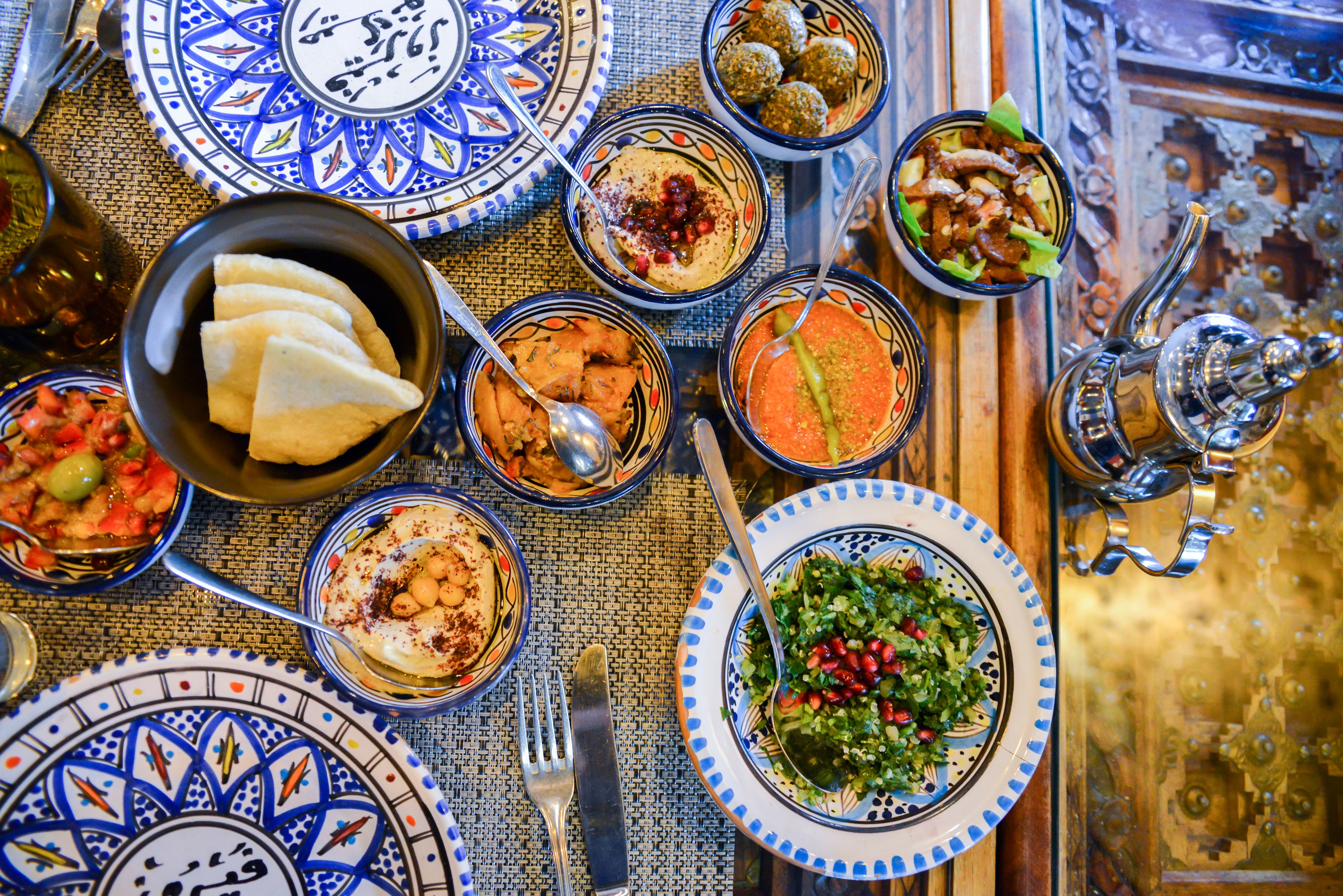Understanding Halal Tourism: Impact on Global Hospitality Industry
Understanding Halal Tourism
Halal tourism is a rapidly growing sector within the global hospitality industry, catering specifically to the needs and preferences of Muslim travelers. This form of tourism adheres to Islamic principles, offering services and facilities that are compliant with halal standards. As the Muslim population continues to grow worldwide, the demand for halal-friendly travel options is becoming increasingly significant, reshaping the landscape of the hospitality industry.

What Is Halal Tourism?
Halal tourism encompasses travel services that align with Islamic beliefs and practices. This includes providing halal food options, prayer facilities, gender-segregated swimming pools, and other amenities that accommodate the religious and cultural requirements of Muslim tourists. The goal is to create a comfortable and welcoming environment that allows Muslim travelers to enjoy their vacations without compromising their religious values.
In recent years, businesses within the tourism sector have recognized the potential of halal tourism and have started adapting their offerings. Hotels, airlines, and travel agencies are increasingly offering services that cater to the specific needs of Muslim customers, such as providing halal-certified meals and ensuring that entertainment options align with Islamic principles.
Impact on Global Hospitality Industry
The rise of halal tourism has had a profound impact on the global hospitality industry. As more destinations and service providers seek to attract Muslim travelers, they are investing in infrastructure and training to meet halal standards. This includes hiring staff who are knowledgeable about halal requirements and integrating halal options into existing service offerings.

Moreover, destinations that promote themselves as halal-friendly are experiencing increased interest from Muslim travelers, leading to economic benefits through higher visitor numbers and increased spending in local economies. This trend has prompted a shift in marketing strategies, with many countries working to establish themselves as premier destinations for halal tourism.
Challenges and Opportunities
While halal tourism presents significant opportunities, it also poses challenges for the hospitality industry. Ensuring compliance with halal standards can require substantial investment in terms of training, infrastructure, and certification processes. Additionally, there is a need for greater awareness and understanding of Muslim traditions and expectations among service providers.
Nevertheless, the opportunities presented by this sector are vast. By catering to the needs of Muslim travelers, businesses can tap into a lucrative market segment that values quality service and culturally sensitive offerings. In doing so, they can build brand loyalty and enhance their reputations as inclusive and diverse service providers.

The Future of Halal Tourism
As awareness of halal tourism grows, more destinations are likely to develop strategies to attract Muslim travelers. This includes creating promotional campaigns that highlight halal-friendly attractions and accommodations, as well as collaborating with local businesses to ensure a seamless travel experience for Muslim tourists.
Furthermore, technology is playing an increasingly important role in facilitating halal tourism. Mobile apps and online platforms are being developed to help Muslim travelers find halal-certified restaurants, prayer facilities, and other services while on the go. These tools are helping to make halal tourism more accessible and convenient for travelers around the world.
Conclusion
Halal tourism is an influential force within the global hospitality industry, offering unique opportunities for growth and innovation. As more businesses recognize the importance of catering to the needs of Muslim travelers, the industry is set to become more diverse and inclusive. By embracing halal tourism, destinations and service providers can create enriching experiences for travelers while fostering cultural understanding and economic development.